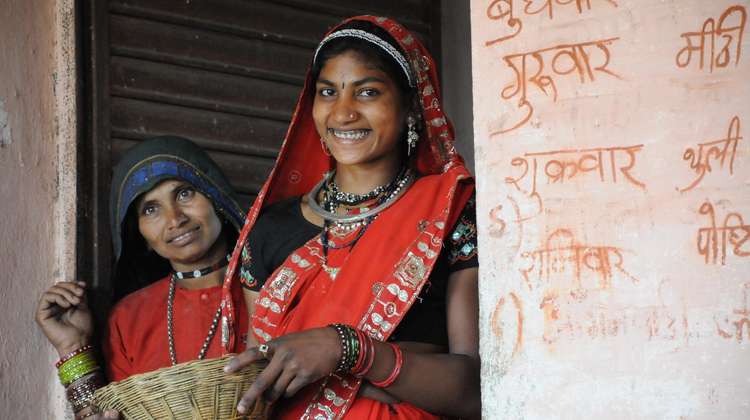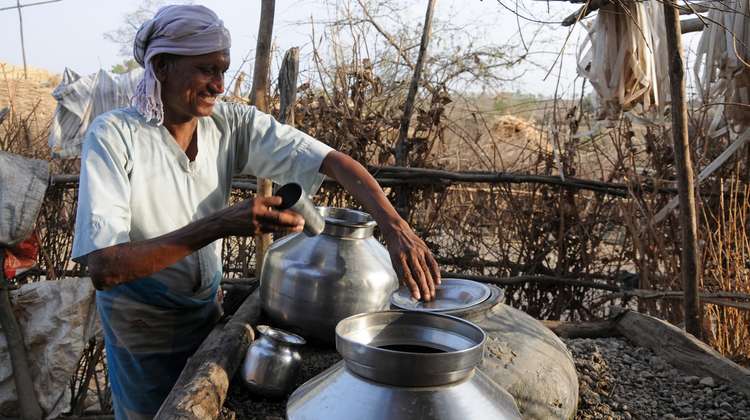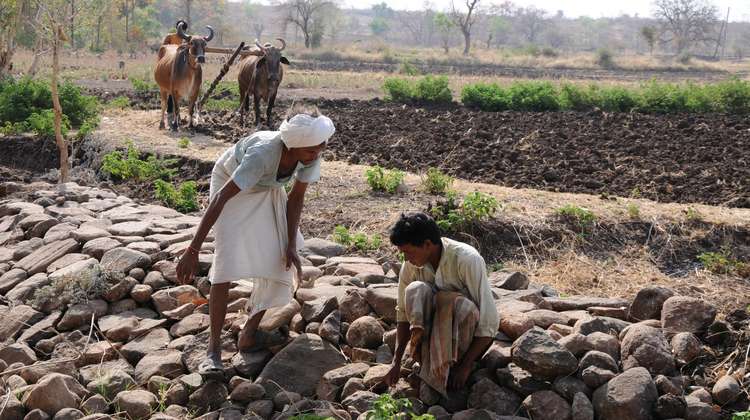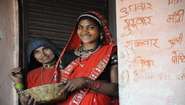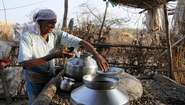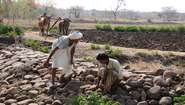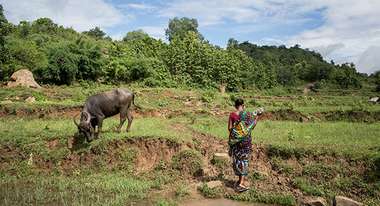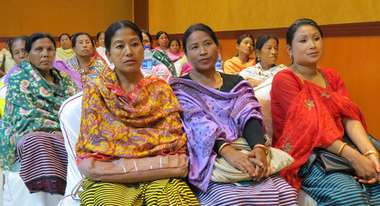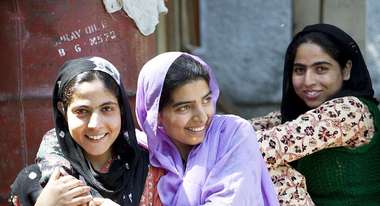More Rights in India
In principle, every poor Indian citizen has the right to 100 days of paid work each year – but only a few know it. It’s time to change that.
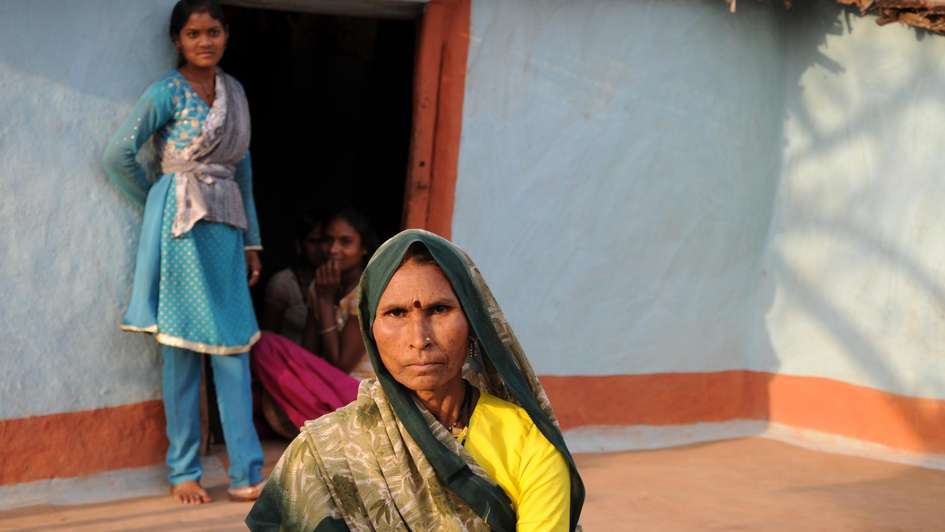
Land is scarce, and families normally farm less than 0.2 hectares. Yields are low, hence there is not enough food to feed everyone, and of course there is not enough surplus that could be sold.
This area is home to approximately 2,000 people, including many Dalits and Adivasi - the "untouchables" - and the "tribal population". They suffer from systemic discrimination and are excluded from many government services.
In early 2012, Jhiranya became a Welthungerhilfe Millennium Village. Similar to the other 15 villages and regions in Africa, Asia and Latin America, village inhabitants work together with Welthungerhilfe and its partners to fight hunger and poverty.
Demanding more from the government
In Jhiranya, Welthungerhilfe and its partner organisation Jan Sahas support the population in demanding more action from the government.
Thanks to this commitment, things are looking up in Jhiranya: Eighty inhabitants receive financing from a government programme for job creation measures in rural areas.
In principle, every poor Indian citizen has a right to 100 days of paid labour per year - something that only very few people in Jhiranya were aware of previously. Jan Sahas informs the village inhabitants of the services they are entitled to.
The organisation sends for officials from the relevant district administration to visit the village and provide information. It helps: Now the village has a village centre that holds regular nutritional counselling sessions and joint cooking courses for mothers and their small children. In addition, the school now distributes free lunches to the children on a daily basis.
Learn more about the people in our project
The original inhabitants of India, the Adivasi, are at home in the forests. Here, they find everything: Leafy vegetables, berries, and firewood. Still, they are threatened: Though the Adivasi’s rights to use the forests are enshrined in law, the forests are gradually shrinking – making way for cultivated fields and surface mining because the ground is rich in minerals.
People are proud of what they have achieved
The inhabitants of Jhiranya are proud of what they have achieved. They have work, a bit of money, and they have learnt to demand their rights.
In the year 2000, 189 countries came together to agree on eight objectives as part of the "Millennium Declaration", with the goal of achieving more global justice. Welthungerhilfe also addressed this challenge by starting the Millennium Villages initiative in 2006. It gives the local population a voice and makes progress measurable. The principle of "empowering people to help themselves" takes centre stage in this regard: village communities identify their problems, develop solutions and implement them.




